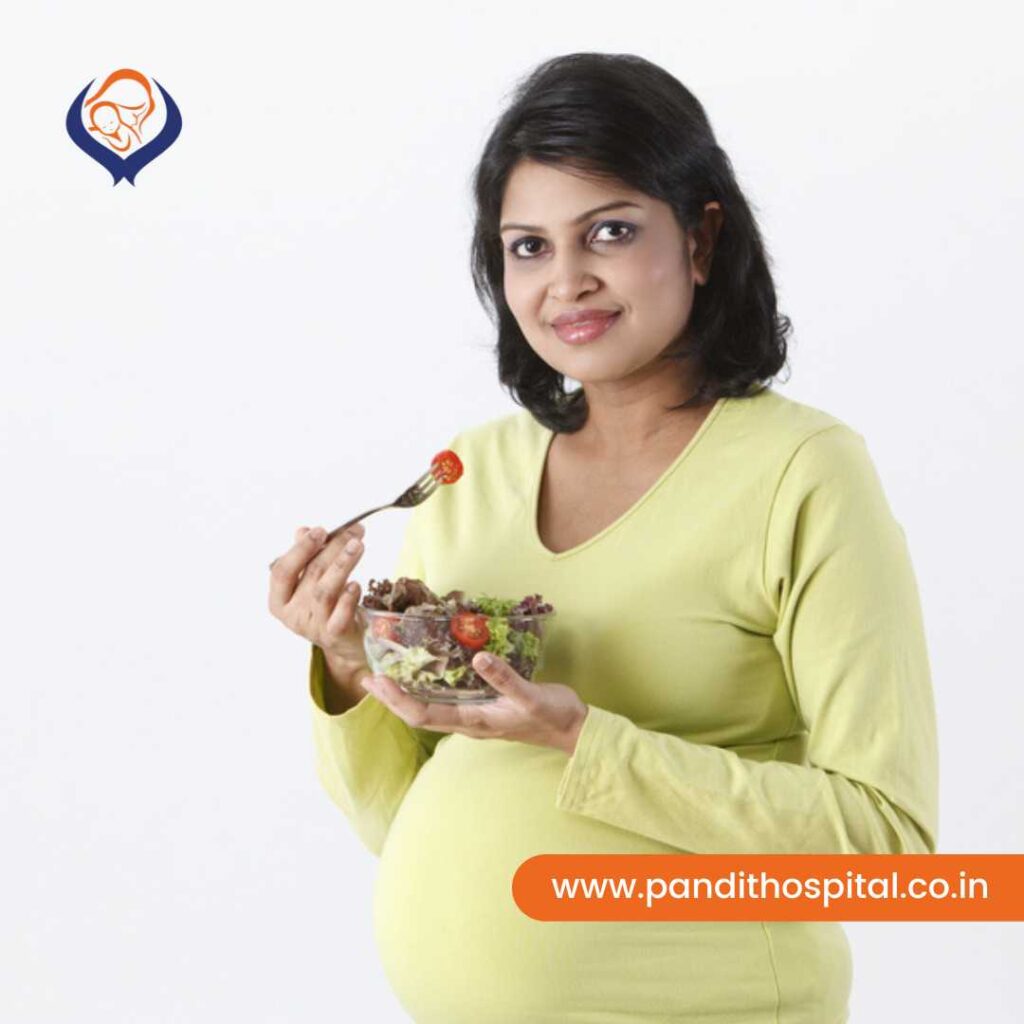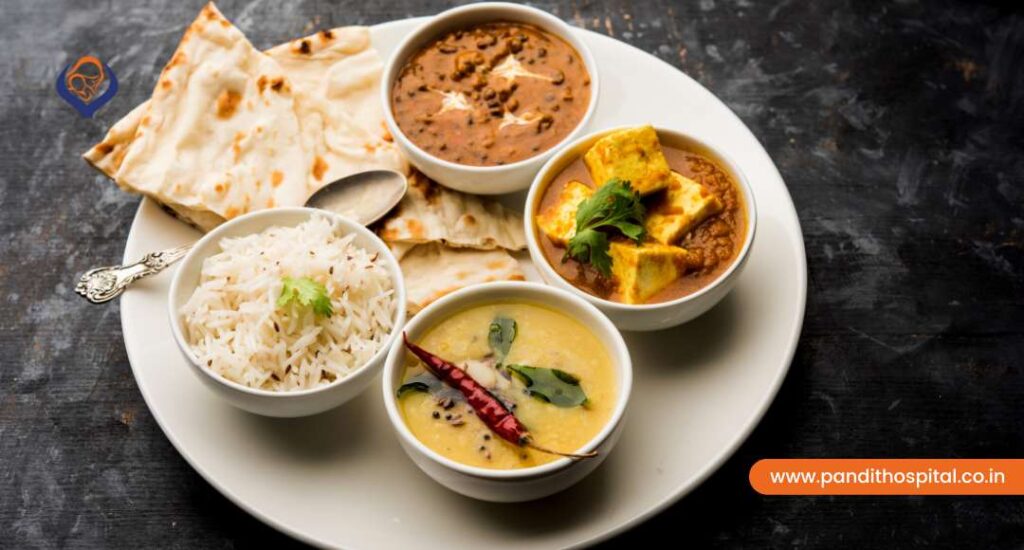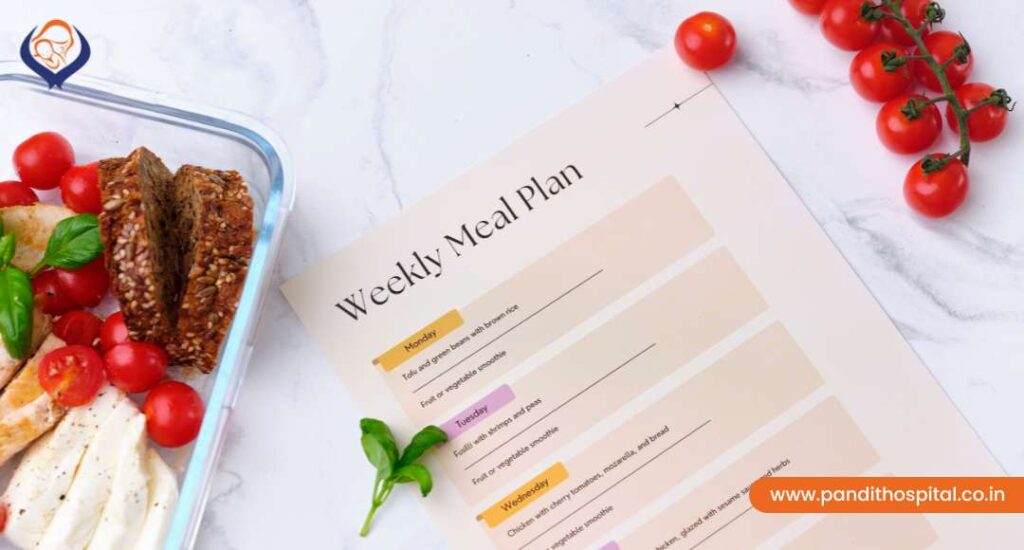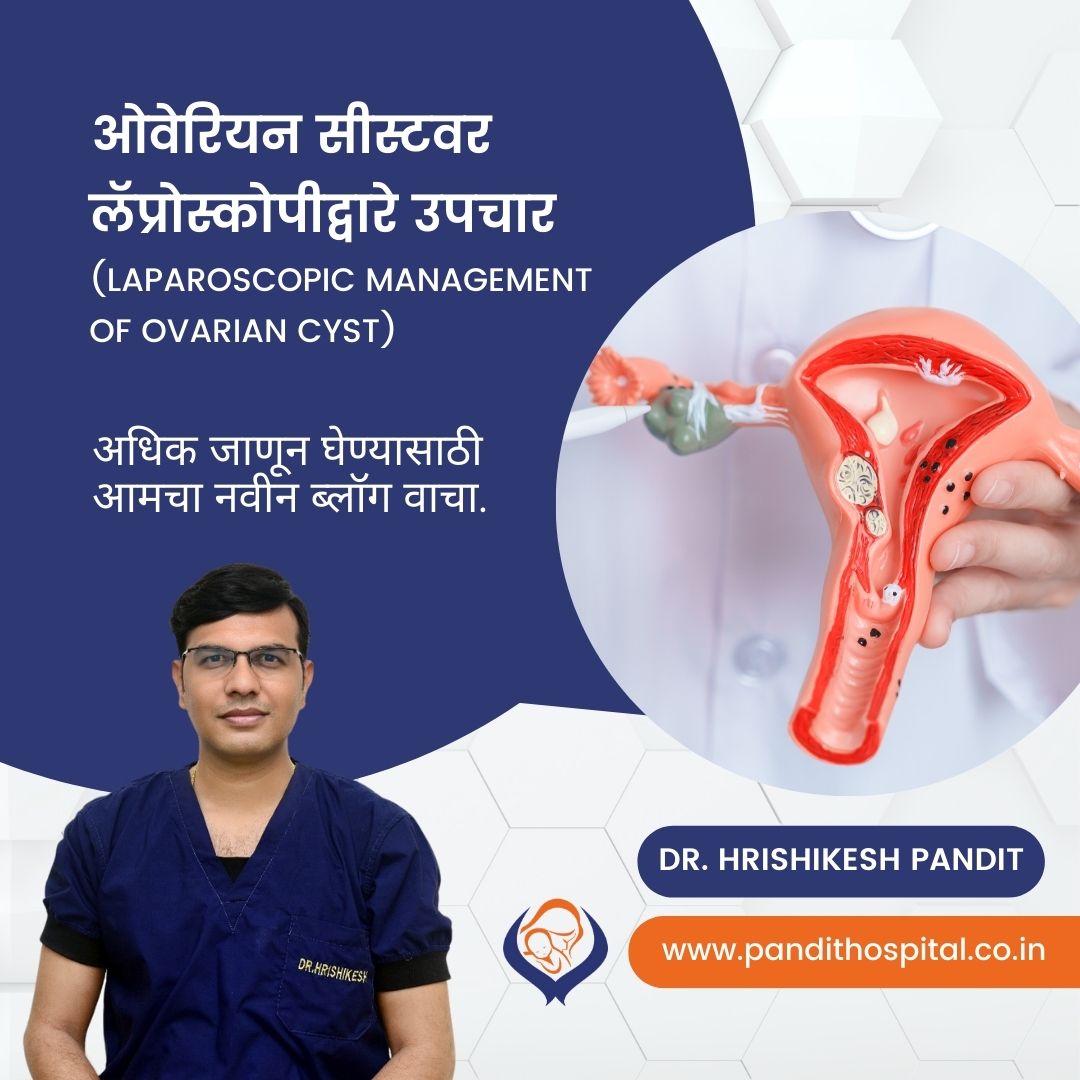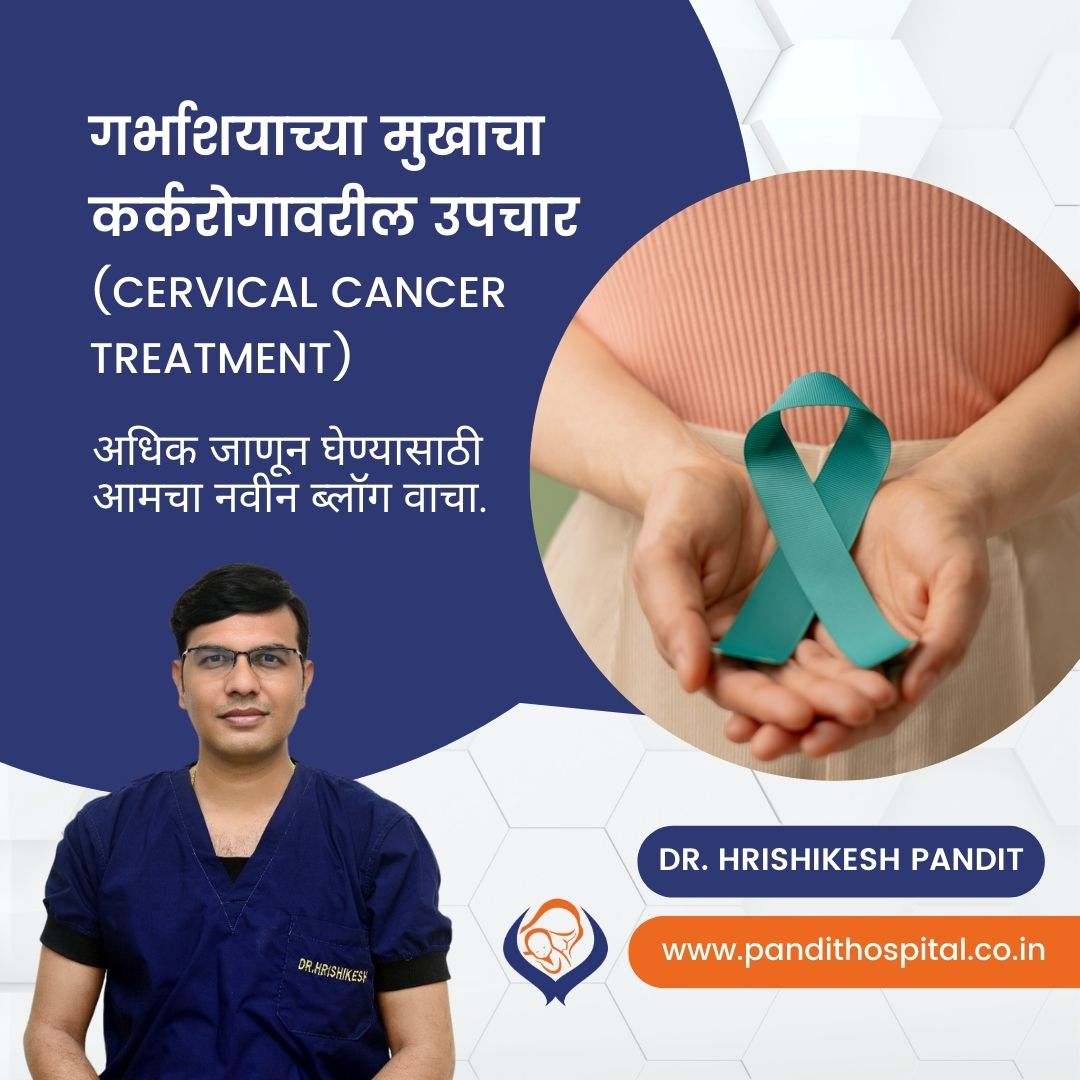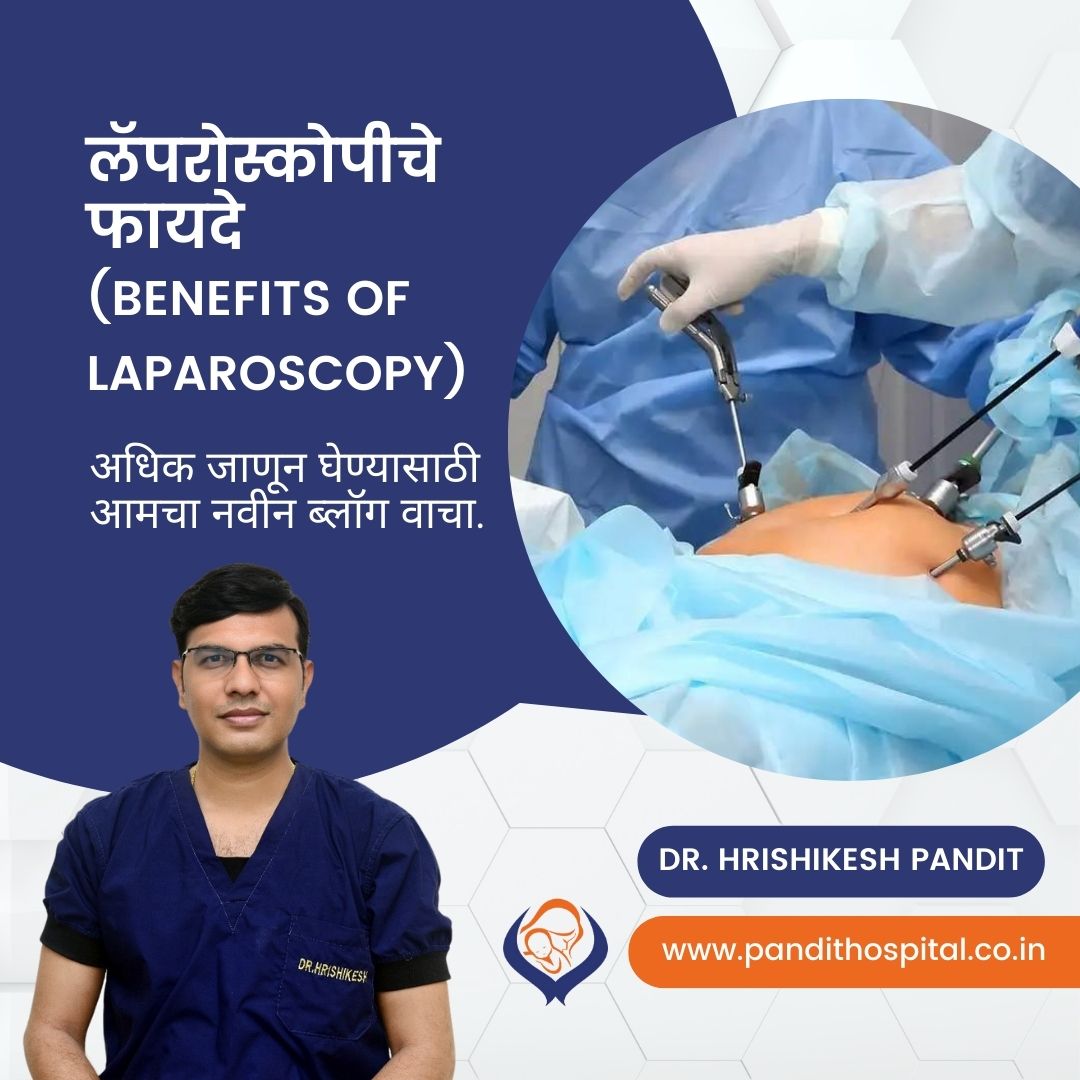Dr. Hrishikesh Pandit, best gynecologist in Ahmednagar, have created an Ultimate Healthy Indian Diet Plan for Pregnant Woman. This diet plan is easy to follow, easy to remember and most importantly best suitable for healthy and super-intelligent baby.
When you Google ‘pregnancy meal plan’, you’re going to be flooded with articles outlining everything you’d ever need to know about pregnant nutrition. But many of them are suitable for European cuisine. Indian diet plan has to be different as demands of Indian women during pregnancy are totally different. That’s why Dr. Hrishikesh has created this Indian Diet plan for pregnant woman considering availability and affordability of local Indian food.
During pregnancy ideal weight gain of a woman is around 10-12 kg. That means a pregnant woman requires approximately 300 extra calories per day to maintain a healthy pregnancy. To gain these calories, one must follow the best diet for pregnant women, which includes whole grains, protein, fruits, and vegetables. Furthermore, sweets and unhealthy fats must be kept to a minimum. Gain must be in a healthy way, that’s the basic idea.
A well-balanced diet plan for pregnant woman is the most important part. Too much weight gain can result in hypertension (eclampsia) and gestational diabetes which can complicate delivery process of the baby. This can also impose adverse effect on the health of the mother and the baby. A diet comprising different nutrients like vitamin B12, folic acid, Vitamin D, Calcium, Iron, Zinc etc will help in normal growth of the baby. Each nutrient will help in the development of important anatomical & physiological systems of the body.
Dairy:
Whole or toned milk, curd, cheese, chena/ paneer and buttermilk. And also try flavored yogurts smoothies and shakes. Dairy products brim with protein, calcium and vitamin B12, all essential for your growing baby. You can consume cow or buffalo milk as per availability.
Pulses:
Pulses are high in protein, which aids with the development of vital organs in your baby, such as the heart, brain, and lungs. To give your body a protein boost, include ample quantities of dals, cooked sprouts, all nuts, whole grains, millets, and pulses in your regular diet. Matki, Masoor, Chana etc all are excellent choice in Pregnancy.
Vegetables:
Veggies high in fiber are excellent choice. Dark green vegetables like broccoli are a good source of folate, antioxidants, and vitamins, including A, B6, C, and K. They promote haemoglobin supply, healthy bones, and keep skin problems at bay. Sweet potatoes contain high levels of beta carotene (vitamin), which is vital for fetal growth and development.
Fruits:
At many places in India there are myths or misconceptions around fruit consumption. Banana, Apple, Mango, Watermelons, Berries, Plums, Oranges, Watermelon are excellent during pregnancy. You can also be creative with recipe by creating different salads with mixture of fruits and veggies, you can also add natural sweetener while making smoothies.
Fish & Meat:
If you are a non-vegetarian, eggs, chicken and fish pack a great protein punch. Include them in your diet every day as they are rich sources of concentrated proteins. Eggs are amongst the best sources of protein. They boost amino acids and choline, among other beneficial vitamins and minerals. Lean meat has good amounts of iron, vitamin B, and essential minerals.
Fluids:
It is critical that you stay hydrated throughout your pregnancy. Make it a habit to consume water and natural alternatives such as fresh coconut water on a regular basis. For a little more flavor, make fruit infusions and homemade juices. Avoid ready-made drinks and packaged juices, which have a high sugar content and may be devoid of nutritious value.
Fats:
Fats are good sources of energy for your body and help your baby grow. Choose unsaturated fats that are good for you, such as cold-pressed vegetable oils. Ghee is also good, but because it contains saturated fat, you should limit it to 2 teaspoons per day at most. Dry fruits are also excellent choice for healthy fat.
Carbs:
This is probably the most critical part as Indian diet or meal is mainly of carbs or grains. Anything in excess is harmful. So decide the quantity or the number of chapatis, rice or bhakaris depending upon what you are eating along with it and what are you going to eat in the later part of the day.
What is the Ultimate Healthy Indian Diet Plan for Pregnant Woman?
Meal One:
Pre-breakfast: A juice or smoothie with dry fruits or simply a glass of milk. Avoid tea or coffee straight after the sleep it can aggravate morning sickness.
Meal Two:
Breakfast: In India, we’re spoilt for choice with the number of local, nutritious breakfast options available. Kickstart your first solid meal with veggie-rich sevai, upma or poha, oatmeal, multigrain toast with egg, parathas or chillas stuffed with veggies, or any other healthy option you’re used to having. Tuck into a hearty portion of fruit to complement your morning meal.
Meal Three:
Lunch: When it comes to lunch, eat what you’re used to, but be sure to balance your meal with different food categories. A roti or rice-based lunch can provide a nutritious carbohydrate filling, while dal, fish, or chicken can provide protein. To get those critical vitamins and minerals, serve yourself a substantial serving of vegetables and a cold dish of curd to complete out your meal.
Meal Four:
Snacks: Do not overeat deep fried pakoras or Chaat options which we love to it as Indians. You can consume it in limited portions and try to make it a healthier options like sprout based chaat, soups, grilled veggies or smoothies with dry fruits and honey. Avoid excess sugar content as well. In India, there is a healthy tradition of making paushtik laddus for pregnant woman and those are made with dry fruits, ghee etc making it an excellent choice for any midday snack.
Meal Five:
Dinner: Make dinner a lighter version of lunch, with the same food groups and meal options. A heavy belly just before bed can cause discomfort, and it’s wise to scale down on your portions as you progress through the day. Like lunch, have carbs in the form of rice, roti or paratha, and include dal or meat to add some protein. Cool down with a salad and curd (or buttermilk) and of course do not forget the veggies on the side. Later on as the pregnancy girth increases, heavy dinner can cause heart burn and acid reflex.
Unwashed food, Uncooked meat, Alcohol & Smoking, Raw Eggs, Unpasteurized dairy products, excess processed or canned food, excess caffeine or tea, too much sweets are also hazardous.
At Pandit Hospital, we provide comprehensive pregnancy care with prenatal checkups, diet counselling and regular monitoring of the health of the bay and mother. Remember, traditional Indian food has enough variety of nutrients so you don’t need to add any fancy supplements or food products, Just remember the right choices while choosing each meal.
Dr. Hrishikesh Pandit is the pioneer pf 3D laparoscopy technique in Ahmednagar. His experience and skill makes him one of the best laparoscopic surgeon in India.
At Pandit Hospital, you are in safe hands!
To consult Dr. Hrishikesh Pandit, Click Below,
Pandit Hospital – Best Maternity care center in Ahmednagar
LET’S SEE OUR INTRO VIDEO
At Pandit Hospital, we provide all the maternity services from antenatal to postnatal period under one roof
Let's Connect!!
0241-2441717 / 0241-2442344
About author:
Dr. Hrishikesh Pandit:
Dr. Hrishikesh Pandit is one of the best obstetrician and gynecologist in India. He is also a well-renowned Laparoscopic surgeon. He obtained his MS (Ob Gyn) degree from the prestigious Pravara Institute of Medical Sciences. He has also done fellowship and diploma courses in laparoscopic surgeries and cancer treatment from Tata Hospital and Keil University, Germany. His surgical cases, papers and videos has been chosen in many international forums of gynecology.
At Pandit Hospital, we are always working hard to provide its patients with the highest level of medical innovation and patient care. With the aim of delivering complete maternity & gynecological care under one roof with the help of all contemporary amenities and cutting-edge medical equipment. Dr. Hrishikesh Pandit has a vision to bring the best of facilities regarding laparoscopy surgeries in the city of Ahmednagar. He is the pioneer of 3D Laparoscopy technology is Ahmednagar.
Latest Articles
Dr. Hrishikesh Pandit is one of the best laparoscopy surgeons in India. His determination to bring 3D Laparoscopy technology to Ahmednagar has eventually helped so many patients. Read the latest articles by Dr. Hrishikesh Pandit on Gynecology, gastric issues, and health tips for mothers during pregnancy.
Discover comprehensive ovarian cyst treatments at Pandit Hospital in Ahmednagar, Maharashtra, led by 3D Laparoscopic Surgeon Dr. Hrishikesh Pandit. Learn about types, symptoms, and both surgical and non-surgical treatments. Best ovarian cyst removal hospital in India.
गर्भाशयाच्या मुखाचा कर्करोग हा महिलांमध्ये होणारा दुसरा सर्वात गंभीर कॅन्सर आहे. वयाच्या 35 व्या वर्षानंतर या आजाराचा धोका फार वाढतो. गर्भाशयाच्या कर्करोगावर लॅपरोस्कोपी (दुर्बिणीने) शस्त्रक्रियेद्वारे उपचार केले जाऊ शकतात.
लॅपरोस्कोपिक शस्त्रक्रियेचे अनेक फायदे आहेत ✔ कमी वेदना ✔ कमी रक्तस्त्राव ✔ रुग्णालयात किमान मुक्काम ✔ जलद रिकव्हरी ✔ कमी कॉम्प्लिकेशन्स ✔ कमी टाके ✔अंतर्गत अवयवांना कमी इजा. Benefits of laparoscopy &Marathi)
FAQ
You should consult a doctor during the first 6 to 8 weeks of your pregnancy, or when your period is 2 to 4 weeks late.
If your contractions are 5 minutes apart, lasting for 1 minute, for 1 hour or longer, it’s time to head to the hospital.
Doctors recommend an infertility evaluation if you have not gotten pregnant after 1 year of having regular sexual intercourse without using birth control. If you are older than 35, an evaluation is recommended after 6 months of trying.
Yes, You can. But most babies need 39 weeks to develop fully. Induced or planned delivery before that time—without a valid medical reason—is not in the best interest of the baby or the mother. After 39 weeks you can plan delivery.
Women who are 21 to 29 should have a Pap test alone every 3 years. HPV testing alone can be considered for women who are 25 to 29, but Pap tests are preferred. Women who are 30 to 65 have three options for testing. They can have a Pap test and an HPV test (co-testing) every 5 years. They can have a Pap test alone every 3 years. Or they can have HPV testing alone every 5 years.
Laparoscopic hysterectomy is a safe and suitable procedure for chosen patients. It affords patients advantages like less peri-operative morbidity, better life quality, shorter hospitalization time, and faster return to activity.
Schedule a doctor’s visit if you have: Greenish, yellowish, thick or cheesy vaginal discharge; Strong vaginal odor; Redness, itching, burning or irritation of your vagina or the area of skin that surrounds the vagina and urethra (vulva); Bleeding or spotting unrelated to your period.
Painless delivery can be achieved using a form of regional anesthesia that provides pain relief during natural labor. Epidural anesthesia is administered through an injection on the lower back of the mother. The drug takes about 10-15 minutes to take effect.
Even in severe cases of endometriosis, most can be treated with laparoscopic surgery. In laparoscopic surgery, your surgeon inserts a slender viewing instrument (laparoscope) through a small incision near your navel and inserts instruments to remove endometrial tissue through another small incision.
The HPV vaccine is recommended for routine vaccination at the age of 11 or 12 years. (Vaccination can be started at age 9.) It is also recommended that vaccination for everyone through age 26 years if not adequately vaccinated when younger. HPV vaccination is given as a series of either two or three doses, depending on age at initial vaccination.

